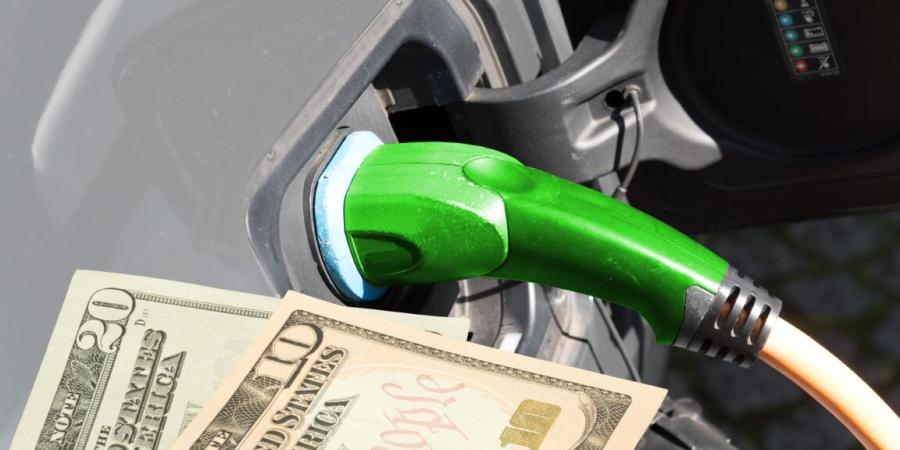WASHINGTON—Here in DC, the House Transportation and Infrastructure Committee will meet today to discuss its proposed budget legislation, and there's a doozy in there for drivers of electric vehicles and hybrids. As part of the Republican Party's ongoing war against science and the environment under President Trump, committee chairperson Sam Graves (R-Mo.) has included some new annual fees that will cost all drivers some, but some drivers more.
The Republicans plan to use the budget reconciliation process to pass this legislation, which is an expedited process that removes some of the US Senate's ability to stall. They're proposing a new annual federal motor vehicle registration fee, which state DMVs would have to collect and pass back to the federal government.
If it passes, all battery EVs would be subject to a new $200 tax. Hybrids—defined as a vehicle that is propelled by both an electric motor and an internal combustion engine or other power source (which would include fuel cell EVs)—will pay $100. But someone who commutes 90 miles a day in a particulate-belching Ford F-350 Duramax diesel pickup truck gets away with a mere $20 a year, and only from October 1, 2030; until then they get to drive for free.
To make things even better, the bill requires these fees to be linked to inflation and should be increased each year, until 2034 when the tax expires for unelectrified vehicles, or 2035, the last year that EVs and hybrids would be taxed like this. So a $200 registration fee in 2026 becomes a $250 registration fee in 2035.
Not everyone will have to pay, however. The bill exempts commercial vehicles, which should see a rush from tax avoiders to register their vehicles under their businesses, similar to what we saw during the George W. Bush administration, when a change in the tax law meant businesses could claim a $100,000 tax credit if they purchased a truck or SUV that weighed more than 6,000 lbs. Farm vehicles are also exempt from the law.
With EV adoption as low as it is in the US, the sums raised by these EV and hybrid charges will be essentially a rounding error in the federal budget, which this year should top $7 trillion. The Eno Center for Transportation calculates that this new tax will contribute an extra $110 billion to the highway Trust Fund by 2035 but that cuts to other taxes and more spending mean that the fund will still be $222 billion short of its commitments—assuming that this added fee doesn't further dampen EV adoption in the US, that is.









0 تعليق